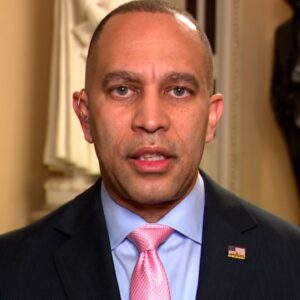Elon Musk has recently driven fringe viewpoints about the U.S. Agency for International Development (USAID) into the mainstream on X, where he described the agency as “a viper’s nest of radical-left marxists who hate America” and called it “evil” and “a criminal organization.” This shift follows criticism of USAID’s humanitarian aid programs, which some conspiracy theories claim are a cover for political meddling or even biowarfare. Musk’s posts, including over 160 on the subject, have gained millions of views, amplifying these claims.
The accusations against USAID, previously confined to fringe circles, gained further momentum after President Trump froze foreign aid and targeted the agency for its alleged left-wing bias. Musk’s posts, often responding to influential pseudonymous accounts, have fueled the spread of these conspiracy theories, which have become more mainstream through his influence and large following. Critics argue that Musk, like Trump, has used his platform to advance narratives without evidence, similar to his past involvement with the Twitter Files.
Musk’s actions have sparked concerns about the power of influencers in shaping political discourse. Experts suggest that Musk and other influencers are shaping not only the flow of conspiracy theories but also political decisions. The ongoing push against USAID, especially through platforms like X, Gab, and Telegram, continues to resonate with the far-right, framing the agency as a left-wing tool that operates without oversight and is rife with fraud.




